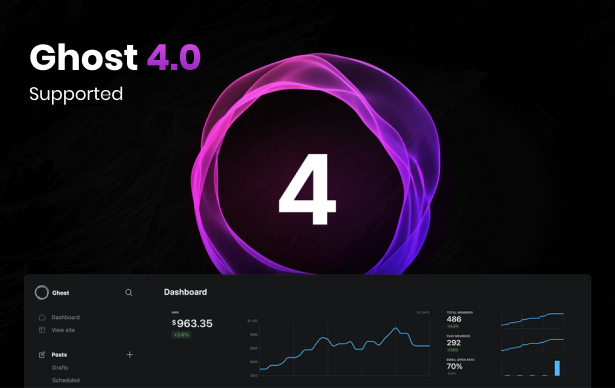I walk talking with a good friend last week, they’ve raised over $30M for their startup but like most founders, they know next-to-nothing about domain names. They’re in the process of acquiring a few domains in their niche and were completely lost when it came to how to get the ball rolling.
We sat down and I did a little whiteboarding session, after that they said, and this is a direct quote so pardon my French (or theirs) – “holy shit, I had no idea about anything you just shared, you should write about that!”
So I am since I know my friend is not alone. Just like domain name investors probably don’t know a lot about raising millions of dollars from Venture Capitalists, startup founders shouldn’t be expected to be experts in buying domain names. Of course these tips won’t make you an expert, but it they can help you get the process of acquiring a domain name started.
- There’s this thing called WHOIS – you can actually look up who owns a domain name in many cases and get their email address and/or phone number using a system called WHOIS. There are a ton of different ways to run a WHOIS search, Go Daddy has a free WHOIS search tool, and if you want to do a deeper dive and look at the history of a domain name, DomainTools is a great choice.
- A domain’s expiration date doesn’t mean it will expire then – there’s a lot of confusion about domain name expiration dates. It can be easy to look at the WHOIS information and get excited – it could look like the domain is going to expire in a few months, in which case, why make an offer now, just wait for it to expire right? Well, not really. In many cases, domain owners only register their domains for a year but set “auto-renew” on at the registrar level. The idea is, why pay multiple years in advance if you don’t have to.
- If you reach out to a domain owner without an offer, you probably won’t hear back – most of the time when I hear about a startup founder reaching out to a domain investor on their own, the email usually doesn’t have a price in it. You’re welcome to start like that to see if you can get the domain owner to give you a price, but if you don’t hear back, know that you’ll probably need to put in a reasonable offer to get their attention. Familiarize yourself with a ballpark of what domains like the one you’re looking at sell for, DNJournal and NameBio are good resources here.
Of course there’s another big topic to cover here – when should you get a domain broker involved? But I’ll save that for another post.




